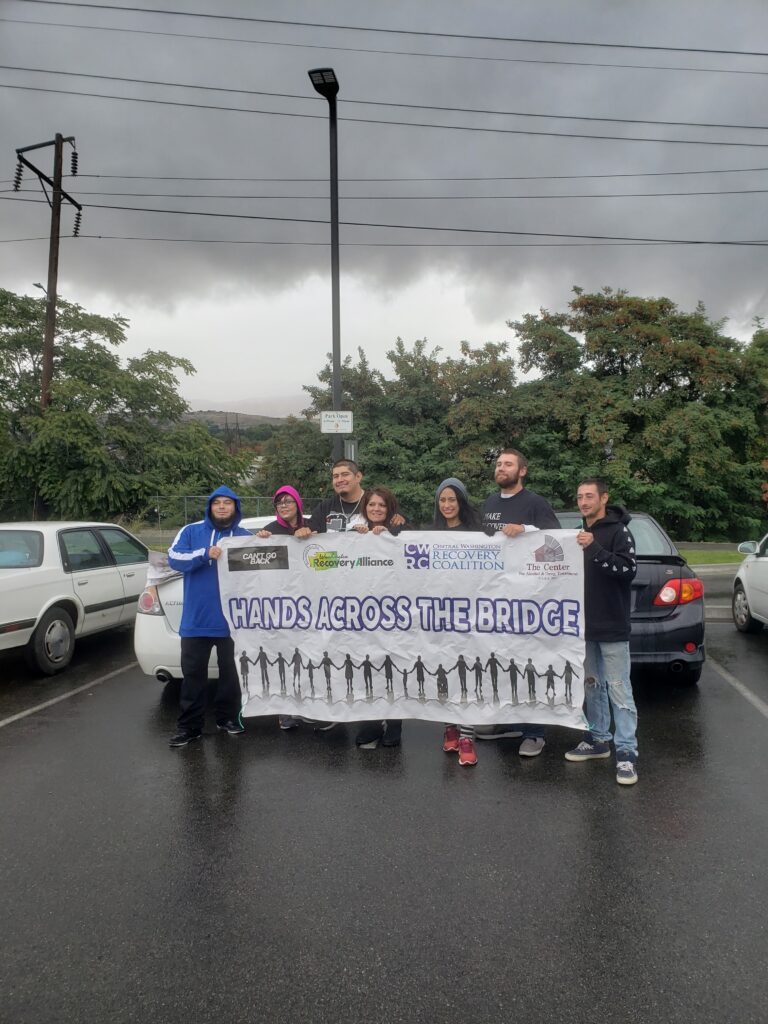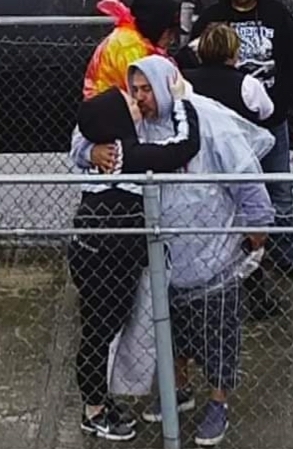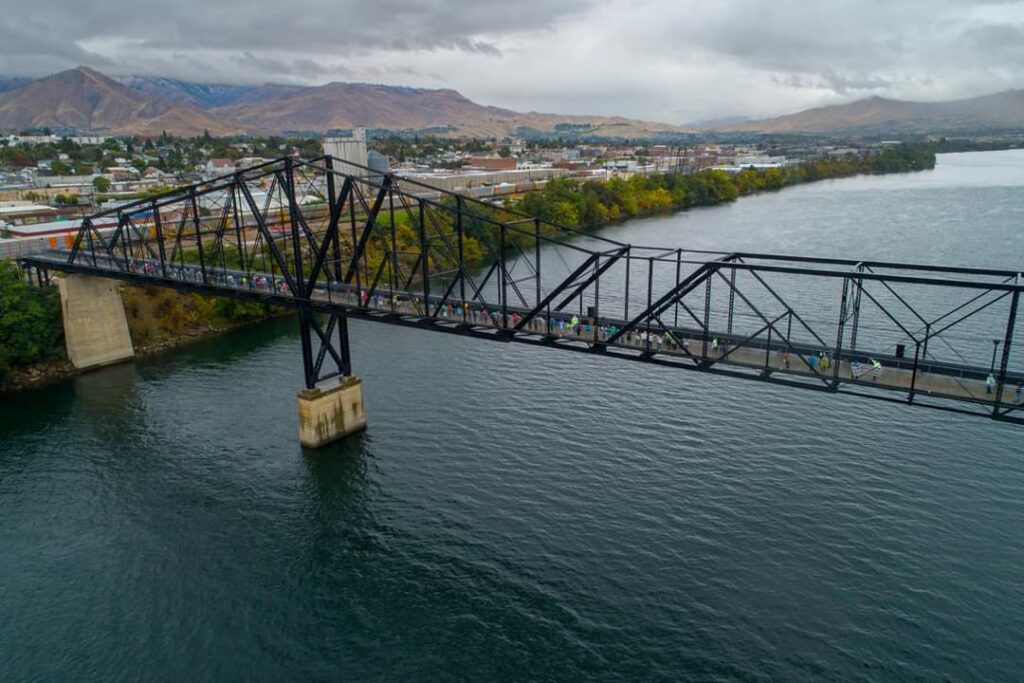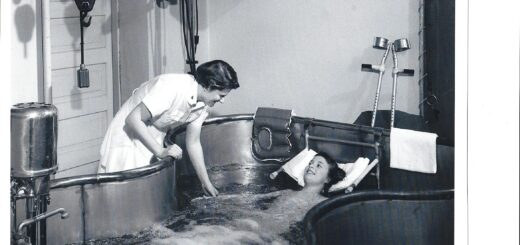Coalition wants to ‘Make Recovery the Epidemic’
“Be kind, for everyone you meet is fighting a hard battle.”
That quote, which has been attributed to various individuals, came to my mind while standing on the pedestrian bridge Saturday afternoon with members and supporters of the Central Washington Recovery Coalition. The event, Hands Across the Bridge, was intended to call attention to addiction and mental health issues in our communities and reinforce the mindset to “Make Recovery the Epidemic.”

A few hundred people from the local community and from across the state, participated in the event. The alliance is a grassroots movement to help drive change in how addiction and mental health issues are perceived and addressed.
One young woman held a sign that announced that her life had been saved when someone used Narcan to counteract an opioid overdose. As I watched her, I thought of the Facebook commenters who posted on the Wenatchee World website recently after someone’s life was saved because of that drug. The commenter wondered why addicts like that aren’t just left to die, obviously assuming that anyone who is addicted is unworthy of humane treatment. I wonder whether the commenter would feel the same if it was a relative rather than a stranger. Empathy seems to be in short supply these days.

The reality is that our higher pressurized consumer society fuels addiction in its myriad of forms. People from all walks of life are struggling with anxiety, depression, bipolar disorder, toxic stress or from abuse and neglect. It is the human condition not a character defect.
Walking through the crowd of people at the Hands Across the Bridge, I talked several people I know have had their struggles with drug and alcohol addiction and have fought valiantly to recover. I marvel and honor their perseverance and courage, through setbacks and challenges. They were there to reconnect with friends who are also in recovery and feel a sense of community and to make a statement that above all, they are fellow human beings.
This fact of their humanness is easy to forget in a culture dominated by a belief that individuals who get addicted are less than human.
The truth is that in our addictive culture emotionally wounded people are desperately trying to feel OK and this fuels addiction— to power, sex, status, money, eating, etc. None of us are immune from having this impact our lives in some way. Personally, it matters not to me why or how they got addicted because those who cannot transform their suffering inevitably transmit it, as we are reminded by Father Greg Boyle of Homeboy Industries in Los Angeles.
I have great respect for those in recovery trying to turn their lives around. I have a family member who has been clean for a dozen years, is a gracious soul with a big heart and a deeply caring nature. She was on the bridge for the event connecting with her friends in recovery. She’s a hero in my book.

The Recovery Coalition, led by Victor Estrada, a former gang member and addict who has completely turned his life around and is the homeless outreach person for the Women’s Resource Center, is doing essential of helping foster a sense of belonging.
The least we can do is develop a path of belonging for those who are in recovery and welcome their contributions and involvement to our community.
We all have our own addictions and the least we can do, it seems to me, is support fellow human beings who are having a really rough time dealing with their challenges. For more information, check out the group’s Facebook page #CentralWashingtonRecoveryCoalition.
If you would like to support this powerful new grass-roots effort, you can make a tax-deductible donation to Community Choice, with CWRC in the memo line, and mail it to 804 S. Chelan St., Wenatchee, Wa 98801.
Let’s help those fighting their way through the thorny thicket of recovery.
NOTE: This is the second in a series of columns on “Understanding Our Neighbors,” an Our Valley Our Future project in collaboration with a local pastor’s group.

